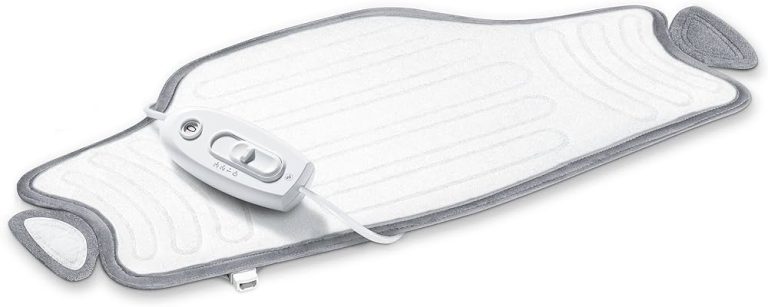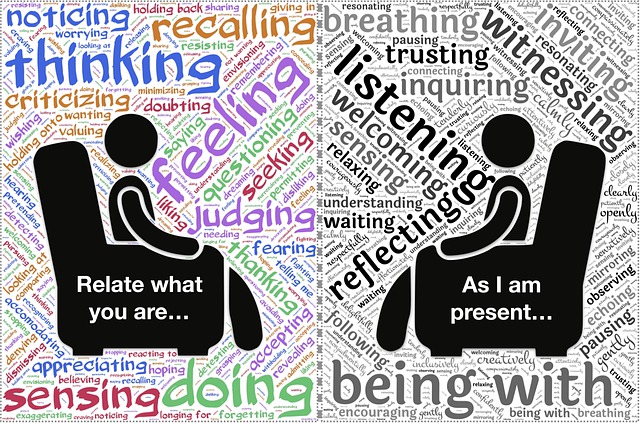You complete many tasks at home every day. You clean, cook, organize, and maintain different areas of your space. These chores take time and energy. You reduce pressure when you manage them with simple steps. At the start of your routine, you can explore ideas from Organised Every Day to understand how small planning habits make your daily workload easier to handle.
Why Daily Chores Feel Overwhelming
You feel stressed when tasks build up at the same time. You lose focus when you do not know what to start with first. You also feel tired when you move between chores without a plan. You regain control when you create a clear structure for your home tasks.
Create a Clear Chore List
You stay organized when you write a list of all tasks you complete during the week. You avoid forgetting important chores because everything stays visible. You also reduce confusion because your list guides your next step.
You can include
• Kitchen cleaning
• Laundry
• Bathroom care
• Dusting
• Floor cleaning
• Meal prep
• Trash removal
You build a strong foundation for your routine with this list.
Prioritize Your Tasks
You save energy when you handle important chores first. You avoid last minute rush because you finish essential tasks early in the day. You also stay calm because you know what matters most.
You can divide your tasks into
• Must do today
• Good to do today
• Can wait for later
You manage your day better when your priorities stay clear.
Break Chores Into Small Steps
You work faster when you break large tasks into simple steps. You keep your mind relaxed because the work feels lighter. You finish more because each step takes less time.
For example
• Clean the kitchen in sections
• Wash dishes in two short rounds
• Fold clothes in small groups
• Vacuum room by room
You keep your energy steady with this method.
Use a Daily Time Block Plan
You manage your chores better when you set short time blocks. You avoid long cleaning sessions because you spread your work throughout the day.
You can use blocks like
• Ten minutes for dishes
• Fifteen minutes for dusting
• Ten minutes for laundry sorting
• Five minutes for bathroom wipe down
You stay consistent because these time blocks do not feel heavy.
Tidy As You Go
You prevent clutter when you clean small messes right away. You avoid pileups because you address items before they spread. You make your home look clean throughout the day with minimal effort.
Examples
• Put clothes in baskets after changing
• Wipe spills as soon as they happen
• Place dishes directly in the sink
• Return items to their shelf
This habit saves you hours in the long run.
Assign Specific Days for Bigger Chores
You reduce stress when you schedule large chores on set days. You avoid doing everything at once. You move through your week with predictable tasks.
For example
• Monday for laundry
• Wednesday for bathroom cleaning
• Friday for dusting
• Sunday for meal prep
You maintain order because each day has one clear goal.
Use Simple Tools to Stay Efficient
You finish chores faster when your tools stay ready and close. You do not waste time searching for items.
Useful tools
• A small vacuum
• Microfiber cloths
• Mild cleaners
• A broom
• A mop
• Storage baskets
These tools make daily tasks easier to manage.
Cook and Clean Together
You avoid heavy kitchen cleaning when you handle small tasks while cooking. You reduce food mess early. You keep your counters clear and your sink manageable.
You can
• Rinse knives after each use
• Wipe spills instantly
• Wash cutting boards early
• Put containers away quickly
Your kitchen stays fresh throughout the day.
Share Chores with Family Members
You reduce your workload when you assign tasks to others. You avoid overwhelm because responsibility spreads evenly. You build teamwork in your home with this system.
You can assign
• Dishwashing
• Feeding pets
• Trash duties
• Floor cleaning
• Folding clothes
Around the mid section of your planning, you can explore suggestions from Business Attract to learn how shared roles in a home improve daily flow and reduce stress.
Keep Your Supplies Organized
You save time when your cleaning supplies stay in a fixed area. You create easy access when you store items based on use.
Suggested placement
• Bathroom cleaners in the bathroom
• Kitchen products near the sink
• Cloths in a visible drawer
• Brooms in one corner
• Laundry tools close to the machine
Your home becomes easier to clean when everything stays in its place.
Use Quick Reset Breaks
You reduce stress when you reset your space several times a day. You only need two to five minutes. You bring your home back to order.
Examples
• Clearing the coffee table
• Fixing sofa cushions
• Picking up items from the floor
• Sorting mail quickly
You prevent clutter from growing.
Avoid Overloading Your Day
You protect your mental energy when you avoid doing all chores in one day. You give yourself realistic goals. You keep your day balanced with smaller tasks.
You can plan
• Three main chores
• Two small tasks
• One optional task
This structure keeps your mind and body steady.
Stay Flexible When Needed
You adjust your plan when life changes. You handle urgent tasks first. You shift your other chores to another day. You maintain order without pressure.
Review Your Week
You understand your progress when you check your weekly routine. You see what worked well. You improve your plan by noticing repeating challenges. You build a stronger system each week.
Maintain a Calm Environment
You encourage a relaxed mind when your space stays organized. You avoid stress because your surroundings feel clear. You support your well being with consistent, simple habits.
As you finish your planning and cleaning process, you can explore final tips from Guardian Ideas to strengthen your home routine and keep your daily chores manageable without stress.











